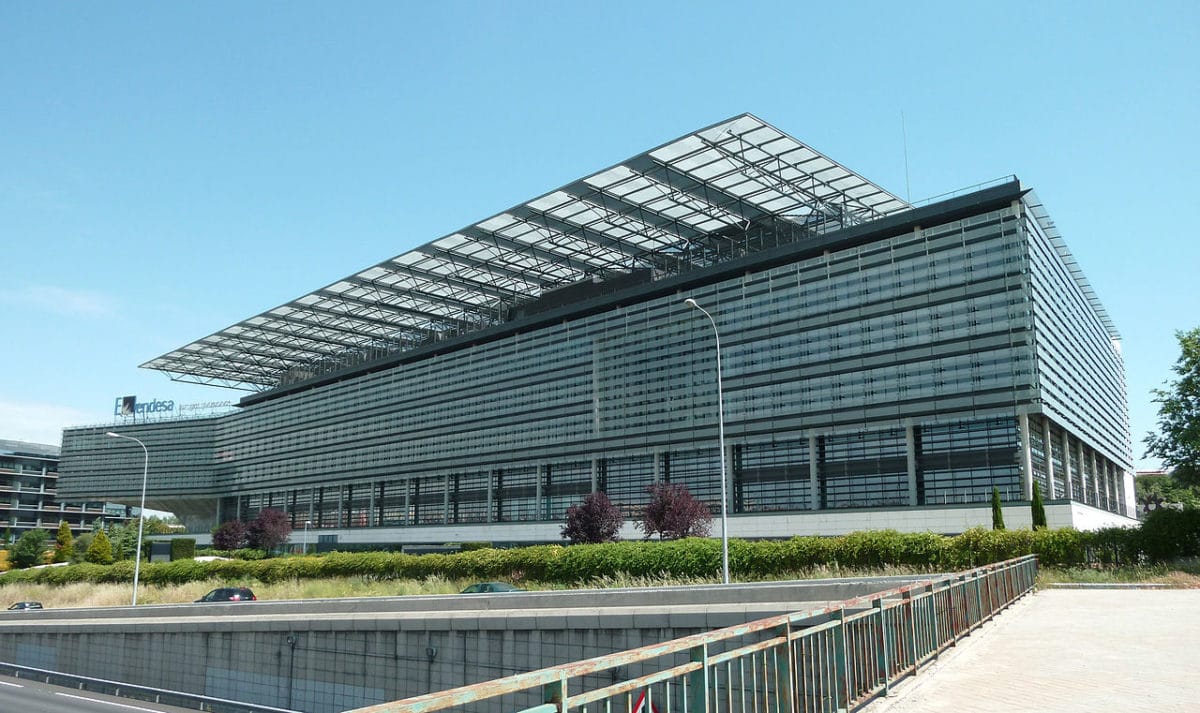From pv magazine Spain
Spain's largest utility, Endesa, a unit of Italian energy company Enel, has submitted to the Ministry for the Ecological Transition and the Demographic Challenge (Miteco) a plan to invest approximately €2.9 billion in green hydrogen projects on the Spanish mainland and the country's extra-peninsular regions.
Most of the projects are expected to be located close to, or within the company's thermal power generation assets and they will cover the whole green hydrogen value chain from its production to its consumption. “The 23 green hydrogen projects that we are now presenting are associated with a renewable energy capacity of almost 2,000 MW”, said the general director of generation for Endesa, Rafael González.
This power represents more than half of the 3,900 MW that the company wants to deploy in Spain between 2021 and 2023, according to the update of its strategic plan announced at the end of last November.
All the hydrogen production projects contemplate investment in renewable generation parks dedicated to powering the electrolyzers, although the clean power generation assets will also have the option of injecting electricity into the grid.
In addition, Endesa is also committed to supporting the development of a national industry for the manufacture of electrolyzers and capital goods associated with the development of its green hydrogen projects.
Peninsular projects
The most advanced project to date is the one developed in As Pontes, near A Coruña, in the northwestern region of Galicia, which will consist of a 100 MW electrolyzer and six associated wind farms with a combined capacity of 611 MW. Construction of the electrolyzer, which would take about 24 months from its inception, would employ about 120 people. Its operation and maintenance, for about 20 years, would require the work of approximately 100 people. The total investment of the As Pontes project will reach €738 million and the complex will have a green hydrogen production capacity of 10,000 tons per year.
The rest of the peninsular projects will be implemented in Huelva, Teruel, Almería, Tarragona, the Ebro Valley, Compostilla and Seseña. Overall, the electrolyzers used in these projects will have a combined capacity of of 215 MW.
In total, the projects planned in mainland Spain bring together €2 billion in investment and electrolyzers with an aggregate capacity of 315 MW.
Extra-peninsular projects
As for the non-peninsular projects, these include schemes in Barranco de Tirajana, Granadilla and Alcudia, for a total electrolyzer capacity of 25 MW and there are other projects in which Endesa is also considering power generation from biofuel and gas.
The projects presented in the Canary Islands, Balearic Islands and Melilla total €900 million in planned investments.
As a whole, the 23 projects proposed by Endesa are diversified in location and the end use of hydrogen: they would be developed in decarbonization and ‘just-transition' areas, island power generation systems, applications in the chemical industry, substitution of thermal power generation, and as fuel for heavy transport. The total production of all of them, once put into operation, would add 26,000 tons of hydrogen per year.
This content is protected by copyright and may not be reused. If you want to cooperate with us and would like to reuse some of our content, please contact: editors@pv-magazine.com.



4 comments
By submitting this form you agree to pv magazine using your data for the purposes of publishing your comment.
Your personal data will only be disclosed or otherwise transmitted to third parties for the purposes of spam filtering or if this is necessary for technical maintenance of the website. Any other transfer to third parties will not take place unless this is justified on the basis of applicable data protection regulations or if pv magazine is legally obliged to do so.
You may revoke this consent at any time with effect for the future, in which case your personal data will be deleted immediately. Otherwise, your data will be deleted if pv magazine has processed your request or the purpose of data storage is fulfilled.
Further information on data privacy can be found in our Data Protection Policy.